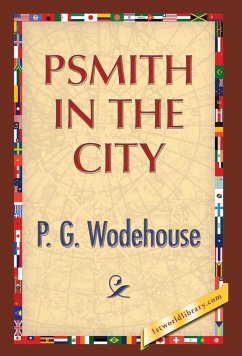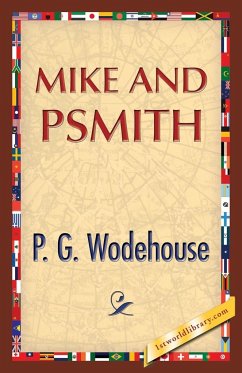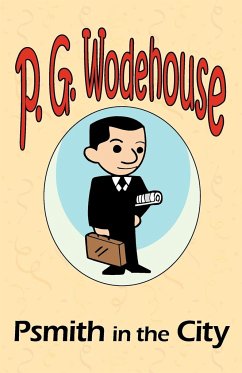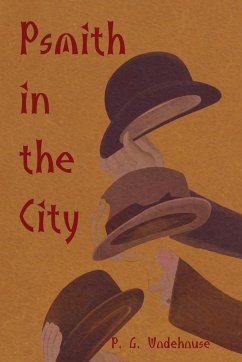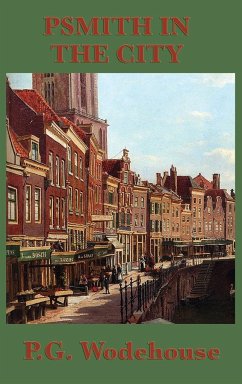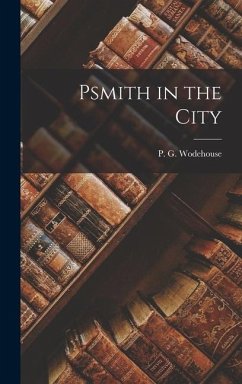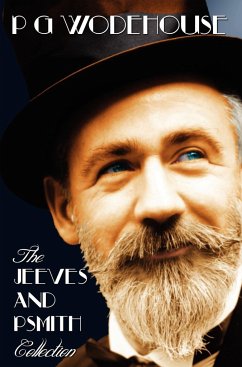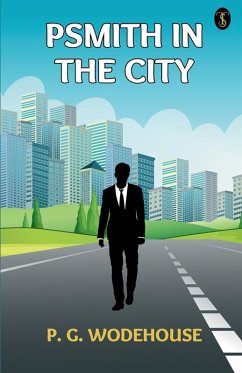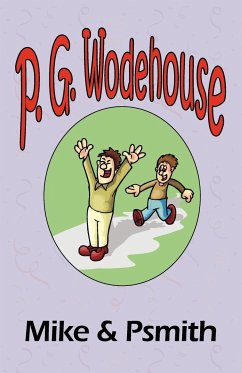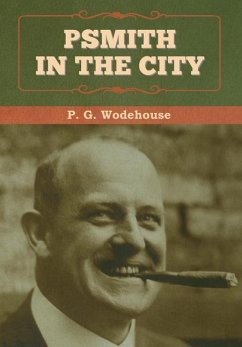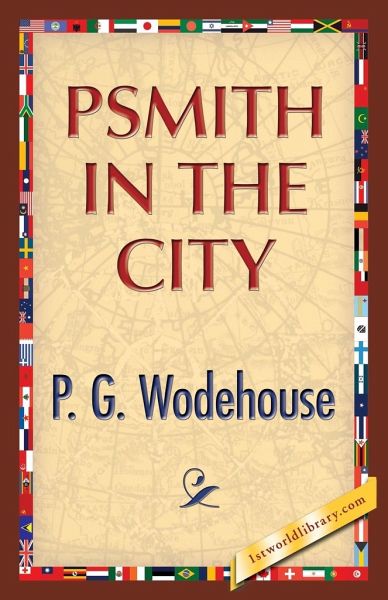
Psmith in the City
Versandkostenfrei!
Versandfertig in 1-2 Wochen
17,99 €
inkl. MwSt.

PAYBACK Punkte
9 °P sammeln!
Purchase one of 1st World Library's Classic Books and help support our free internet library of downloadable eBooks. Visit us online at www.1stWorldLibrary.ORG - - ~~~~~~ Considering what a prominent figure Mr John Bickersdyke was to be in Mike Jackson's life, it was only appropriate that he should make a dramatic entry into it. This he did by walking behind the bowler's arm when Mike had scored ninety-eight, causing him thereby to be clean bowled by a long-hop. It was the last day of the Ilsworth cricket week, and the house team were struggling hard on a damaged wicket. During the first two m...
Purchase one of 1st World Library's Classic Books and help support our free internet library of downloadable eBooks. Visit us online at www.1stWorldLibrary.ORG - - ~~~~~~ Considering what a prominent figure Mr John Bickersdyke was to be in Mike Jackson's life, it was only appropriate that he should make a dramatic entry into it. This he did by walking behind the bowler's arm when Mike had scored ninety-eight, causing him thereby to be clean bowled by a long-hop. It was the last day of the Ilsworth cricket week, and the house team were struggling hard on a damaged wicket. During the first two matches of the week all had been well. Warm sunshine, true wickets, tea in the shade of the trees. But on the Thursday night, as the team champed their dinner contentedly after defeating the Incogniti by two wickets, a pattering of rain made itself heard upon the windows. By bedtime it had settled to a steady downpour. On Friday morning, when the team of the local regiment arrived in their brake, the sun was shining once more in a watery, melancholy way, but play was not possible before lunch. After lunch the bowlers were in their element. The regiment, winning the toss, put together a hundred and thirty, due principally to a last wicket stand between two enormous corporals, who swiped at everything and had luck enough for two whole teams. The house team followed with seventy-eight, of which Psmith, by his usual golf methods, claimed thirty.



